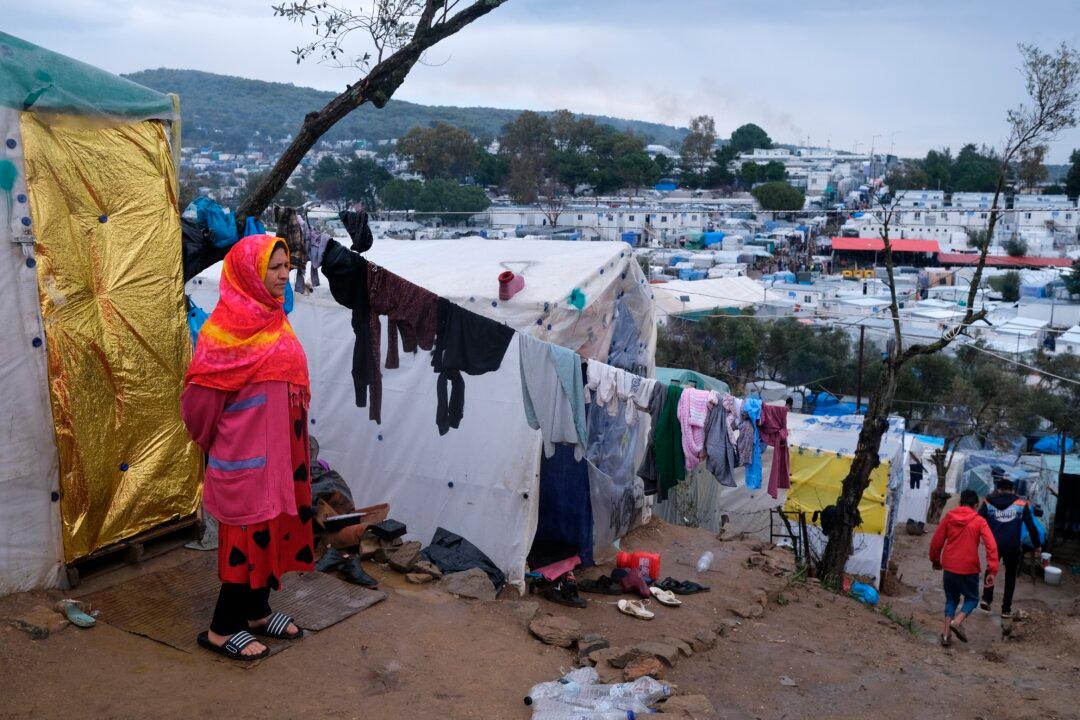ATHENS, Greece—Greece’s prime minister says Europe should be “very, very strict” when dealing with countries that he said are seeking to use migrants and refugees as a means of pressuring the European Union.
Speaking Friday during a meeting in Athens with the head of the European border agency Frontex, Prime Minister Kyriakos Mitsotakis called on neighboring Turkey to do more to prevent people from attempting to cross the Greek border illegally from their shores.





